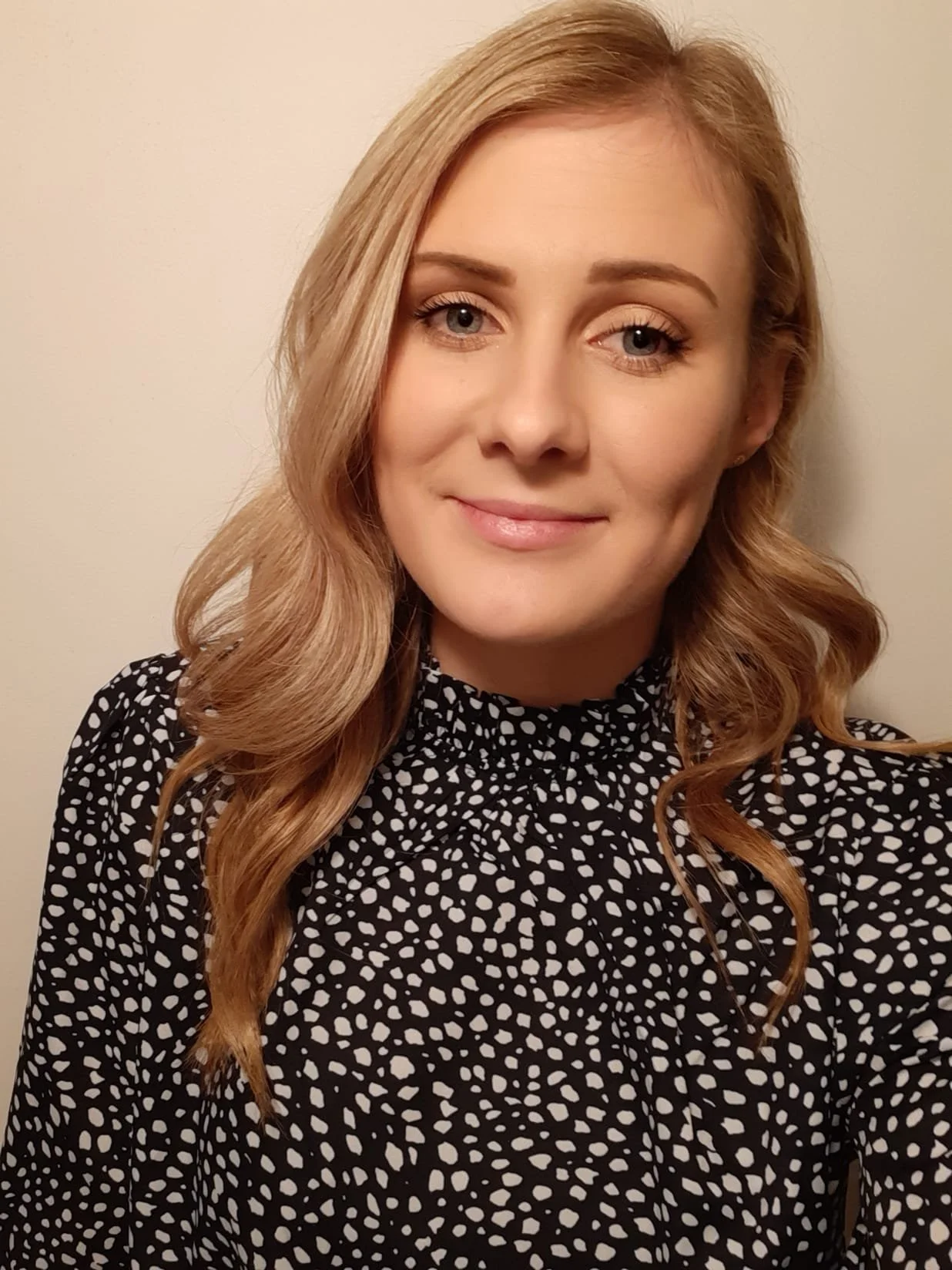
Play Therapy Springs
Play Therapy
-
Play Therapy is a therapeutic intervention which can support children to explore and express difficult feelings they might be experiencing. It uses the child’s language of play as a tool to communicate their emotional experiences, as children can often find it difficult to put their feelings and emotions into words. Dr Garry Landreth (2002) states, “Toys are children's words and play is their language” which suggests the importance of play in order for child to communicate and express themselves.
As a result of this approach, studies suggest that Play Therapy can be a suitable and effective method of intervention as it meets the developmental needs of children (Bratton, et al., 2005).
-
Play Therapy can be beneficial for children:
Between 4 and 13 years of age.
Who have experienced trauma or adversities.
Who display social, emotional and/or behavioural difficulties
Below are some examples of what Play Therapy can help with:
Anxiety/stress
Bereavement
Adoption and fostering
Separated/divorced parents
Abuse or trauma
Illness/poor health
Eating disorders
Nightmares and/or disturbed sleep
Low self-esteem
Friendship difficulties
Social withdrawal
-
Play Therapy follows a non-directive and child-led approach, which allows children to express themselves and explore their experiences in their own way and at their own pace.
The therapist does not direct the play, and instead follows the child’s process and journey alongside them. It can create a non-intrusive environment, where children do not feel any pressure or expectations from the therapist.
There are a number of benefits to children engaging in play. It can promote healthy development, as it can offer opportunities to explore aspects of themselves and the world around them, in way that feels safe and manageable (Nicolopoulou, 1993). Providing them with the tools to process and make sense of difficult emotions they may be experiencing.
Click below to learn more about Play Therapy on the British Association of Play Therapy (BAPT) website
The Steps to Play Therapy
-
To make a referral, please download a referral form, which can be found below and return it to tabatha.playtherapysprings@gmail.com.
-
Once a referral form has been received and reviewed, a free telephone consultation will be arranged between you and the therapist. This is an opportunity to ask any questions you may have and share your thoughts and/or concerns about your child.
The therapist may request further background information, which can help them to provide the best support for your child.
The associated fees for Play Therapy sessions can be discussed during this meeting.
-
4× 50-minute Play Therapy assessment sessions will be offered.
All sessions will take place on a weekly basis, at the same time and place.
The assessment block ensures that Play Therapy is a suitable and beneficial intervention for your child’s needs.
-
At the end of the assessment block, a second telephone meeting will be arranged between you and the therapist where the they will provide feedback on the assessment sessions.
The therapist will then recommend a number of sessions, depending on the child’s needs.
-
Play Therapy sessions will be offered in a 10, 20 or 30 week block.
Just like the assessment sessions, each session will last 50-minutes and take place on a weekly basis, at the same time and place.
-
After every 10 sessions, the therapist will arrange a mid-way review with you to provide feedback, answer any questions and give you space to share your thoughts.
An End of Therapy Meeting will also be arranged shortly after the child’s final session.
The child’s confidential rights are respected, so details of the child’s therapy sessions will not be discussed. However, themes that emerge can be shared as they can be helpful to understand what might be going on for the child and indicate what additional support could given.
Let me introduce myself…
Firstly, thank you for visiting my website. My name is Tabatha and I’m a certified Play Therapist.
I qualified at Edinburgh’s Queen Margaret University in MSc Play Therapy and I am now a registered Play Therapist with the British Association of Play Therapy (BAPT).
My ambition is to offer a safe and accepting space to children who are experiencing social, emotional or behavioural difficulties. Through the power of play and the therapeutic relationship, I can support the child to make sense of their experiences and the world around them.
Contact Us
If you have concerns about your child and would like to make a referral, please download and complete the form below and I will be in touch.
If you would like to know more or have any questions about Play Therapy, please feel free to send me an email. I’d love to hear from you and find out if Play Therapy could help you and your family!
References
Bratton, S. C., Ray, D., Rhine, T., & Jones, L. (2005). ‘The Efficacy of Play Therapy with Children: A Meta-Analytic Review of Treatment Outcomes,’ Professional Psychology: Research and Practice, 36(4), pp. 376–390. Available at: https://doi.org/10.1037/0735- 7028.36.4.376
Landreth, G.L. (2002). Play Therapy: The Art of the Relationship (2nd ed.). Routledge. https://doi.org/10.4324/9780203890196
Nicolopoulou, A. (1993) ‘Play, Cognitive Development, and the Social World: Piaget, Vygotsky, and Beyond’, Human Development, 36(1), pp.1-23 Available at: https://doi.org/10.1159/000277285




